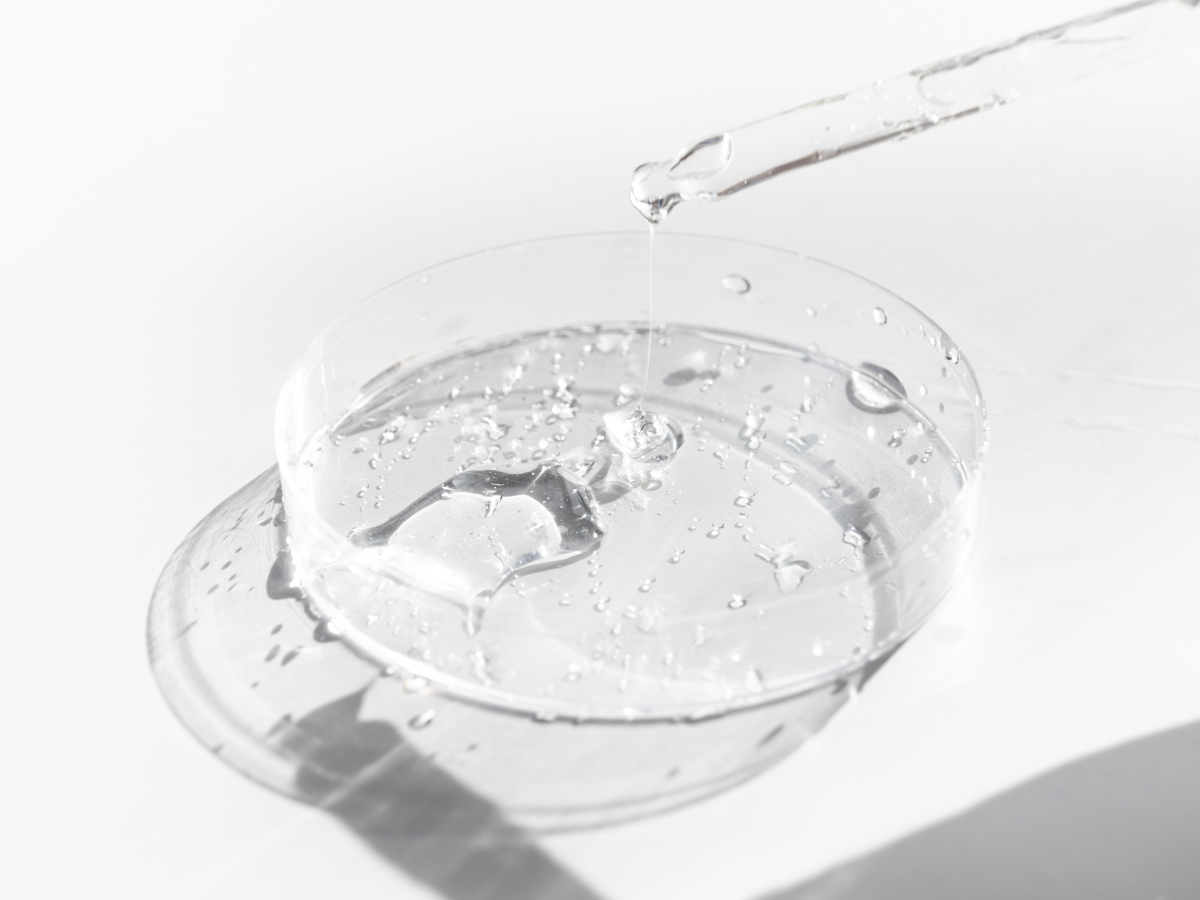According to the Cosmetics Regulation (EC) No. 1223/2009, “cosmetic product” means any substance or mixture intended to be placed in contact with external parts of the human body (epidermis, hair system, nails, lips and external genital organs) or with the teeth and the mucous membranes of the oral cavity, with a view exclusively or mainly to cleaning them, perfuming them, changing their appearance, protecting them, keeping them in good condition or correcting body odors.
The assessment of whether a product is a cosmetic product has to be made on a case-by-case assessment, taking into account all characteristics of the product, its intended purpose and label.
Since products have to be placed in contact with the external parts of the human body or with the teeth and the mucous membranes of the oral cavity, any product intended to be ingested, inhaled, injected or implanted into the human body would also not be considered a cosmetic product in the EU.







